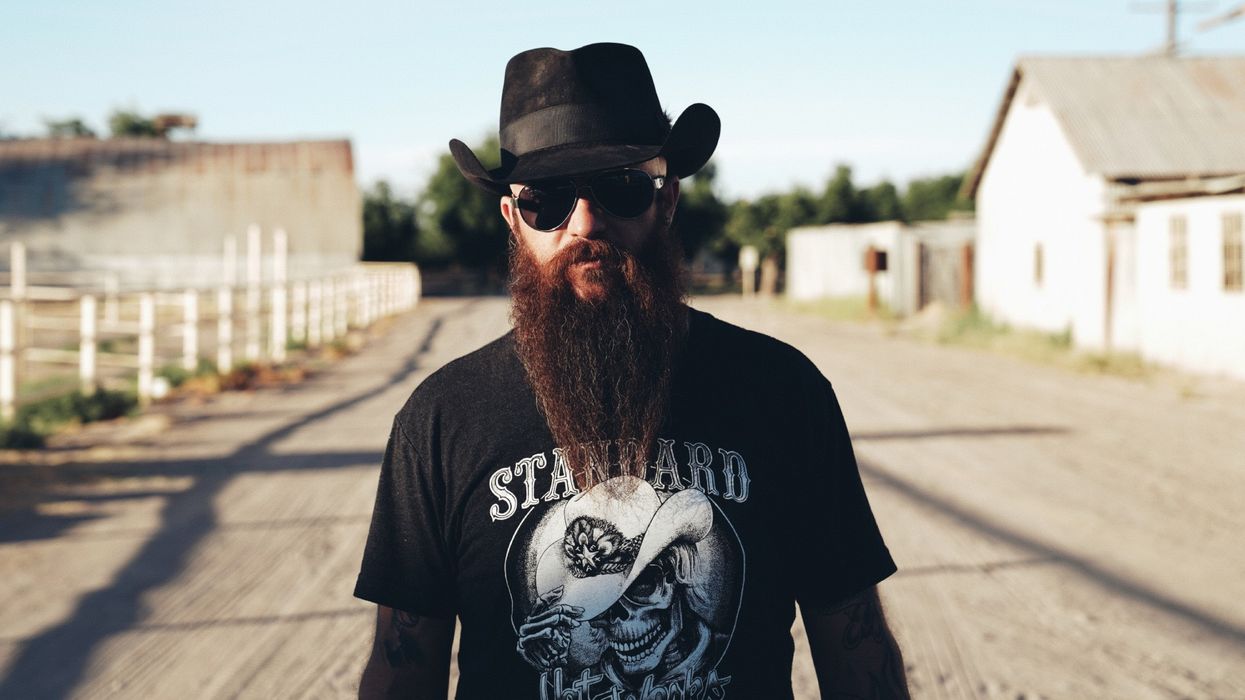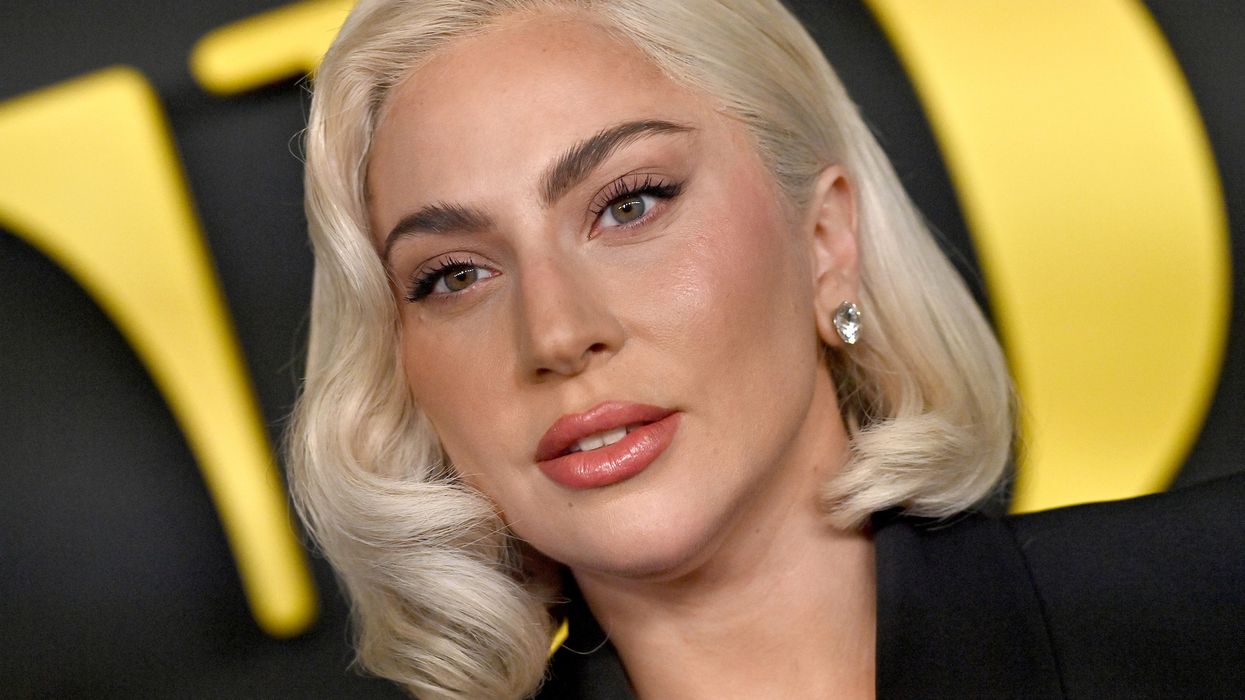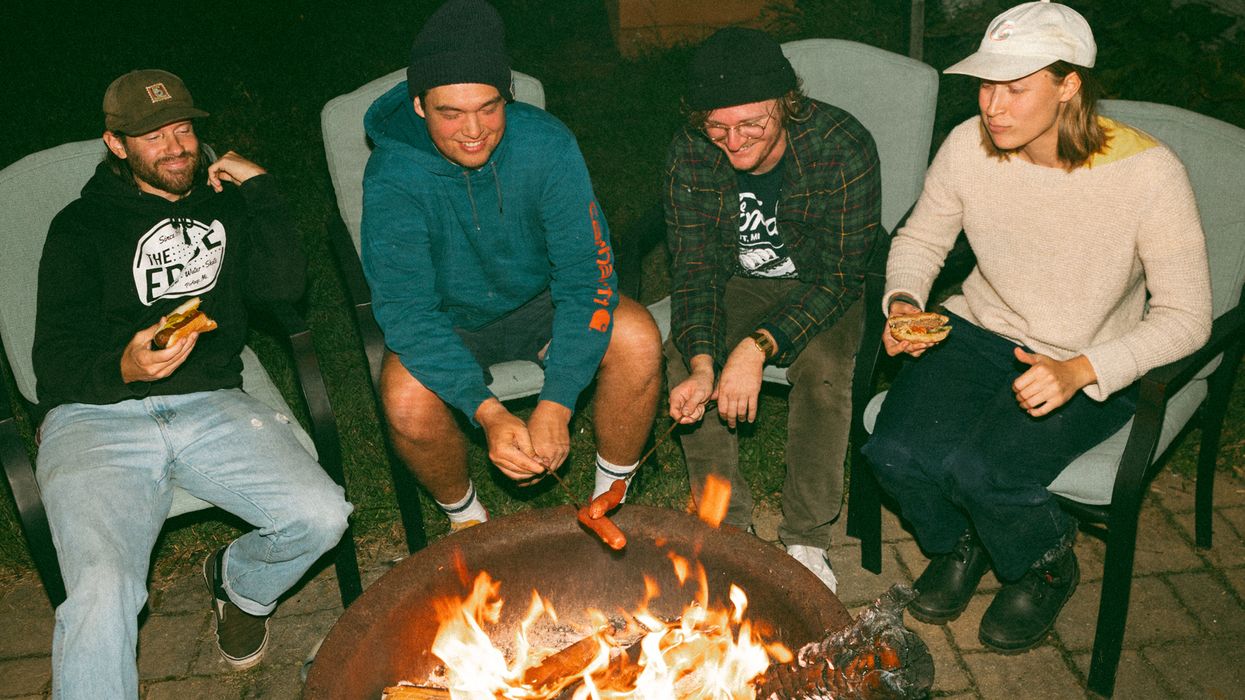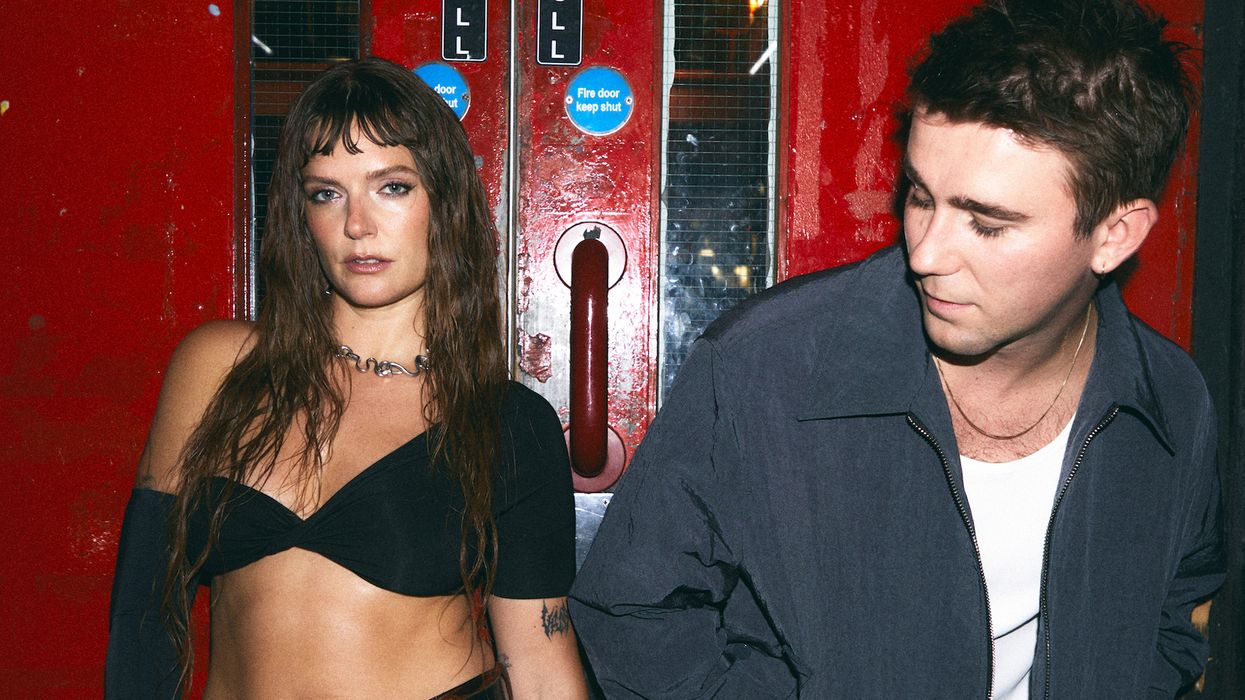With the afternoon sun beating down on East Texas, Koe Wetzel has decided it’s time to jump off the roof.
It’s late June, and Wetzel, with a vodka and soda in hand, is sitting in his boathouse, staring out at the lake. This Friday, he’ll release his new album 9 Lives on Columbia Records, and based on the streaming and chart success of its first singles, it’s poised to be the biggest of the Texas country singer’s five studio albums. But he’s also at the mind-numbing point of album promotion, with a schedule consumed by morning flights to Nashville, podcast and television appearances, and business meetings.
So, to clear his head and escape the blazing heat, he’s going to leap off the roof into the cool water 20 feet below. Up the stairs and off the roof he goes, launching his massive frame into the air and landing with a dramatic Wetzel-sized splash.
No sooner does he make his way back to the dock than he turns to me: “Get up there, man. You know you want to.”
Wetzel is an expert at reading the room. Tossing my shirt and shoes aside — with his tour manager, publicist, and a handful of Wetzel’s family members looking on — I bound up the stairs and off the platform. In the split second before splashdown, I am struck by the adrenaline rush and how it relates to the subject at hand. I’m there to profile Wetzel — one of Texas country’s true shit-stirrers — to talk about 9 Lives and his infamous reputation, but in the moment, I’m overtaken by “Hot damn, that was fun!”
I could tell the story of Koe Wetzel in at least a dozen ways, but “Hot damn, that was fun!” is his story. There’s an undeniable thrill that comes along with Wetzel’s music, especially when performed live, and over the past few years, he’s been steadily growing a larger audience.
“We’ve been playing a lot of festivals this year, to a whole lot of new faces,” Wetzel says. “Whenever I play right now, I’m looking out in the crowd for someone who doesn’t really know our music. Maybe they’re just bobbing their head a little and that’s all. I’m out to put on the kind of show that will make those people go, ‘Holy shit, that was awesome!’”
The release of 9 Lives may elicit that response too. Four singles have already been issued from the album, produced by Gabe Simons (Noah Kahan’s Stick Season), with the first, “Damn Near Normal,” cracking the top 30 of Billboard’s country chart. Two others set a new standard for Wetzel: “Sweet Dreams” was a Top 10 country hit, while “High Road” — a duet with Jessie Murph — hit Number 27 on the Hot 100, and peaked at Number Eight on the country charts.
Wetzel’s boathouse is a short walk from the lake house he owns in this picturesque part of East Texas and a short drive from both his hometown of Pittsburg and the roadside bar where he played his first concert. Wetzel lives in Weatherford, Texas, but the lake retreat is where he often goes for a respite from the chaos that seems to follow him. Over the course of the day, various members of his family will stop by, usually by boat themselves. When his Aunt Sissy shows up, Wetzel — who turned 32 on July 14 — razzes her for pronouncing his name “Kole.” (“I know what his name is, I just like saying it this way,” Sissy retorts.) When his mother, Julie, appears and Wetzel’s publicist offers her a compliment, Koe interjects with, “That’s where I get my looks!”
“I always wanted a place I could come visit my family and not have to sleep on Mom’s couch,” Wetzel says. “I wanted to take care of people, and take care of my family. Now, having the means to do that, it’s awesome. Family and friends are everything to me, and it’s a big deal when I’m able to get back home. I’d feel the same way if I were working road construction. The difference now is just that we’re a little more blessed.”
In fact, Wetzel’s father worked construction; his mom was a touring musician. His was a low-income upbringing, which is typical for this part of the state. So were the hometown ties that Wetzel developed before he went off to play football at Tarleton State in Stephenville, and before he realized his future was on a stage. Wetzel says that “Damn Near Normal” — a stark look at the exhausting, often drug-fueled life of a touring musician, which Rolling Stone named one of the Best Songs of 2024 So Far — is a nod to where he was raised.
“That song came about because we were talking about how different my life would have been had I not played music,” he says. “Every time I go back home, I see my homeboys who stuck around in Pittsburg, and have a family and a 9-to-5 job. Had it not been for music, I’d have done the same thing. This is just one of those times when I look at how different my lifestyle is from theirs, and I wanted to show people what I’m going through as a musician when I’m gone.”
Sometimes that means gone off the rails. In 2016, Wetzel got drunk and was arrested for public intoxication. He turned the ordeal — and his plea for someone sober enough to take him to Taco Bell — into “February 28, 2016,” a hilarious yet harrowing song that spawned an unofficial holiday among fans every time February rolls around. This year, he celebrated “Koe Wetzel Day” at his namesake bar, Koe Wetzel’s Riot Room, in Fort Worth, where he received an RIAA Platinum certification plaque for another song about spiraling, “Drunk Driving.”
Wetzel has never been shy about his sins, and on 9 Lives he leans even harder into his misdeeds. (In the track “Runnin’ Low,” he sings about a failed drug deal: “I tried to sell some guy an 8-ball of that sweet El Paso dust/he said, ‘son I’m a Christian, I don’t fucking touch that stuff.'”) Teaming up with Simon, he wrote or co-wrote eight of the album’s 13 tracks over two marathon bursts of alcohol, creativity, and little sleep. The bulk of 9 Lives was recorded at the Sonic Ranch in Tornillo, Texas, not far from El Paso, and the album reflects Wetzel’s own varied tastes and influences, from R&B and grunge to punk and classic country. There’s even a cover of “Depression & Obsession,” by the late rapper XXXTentacion.
“We were just kind of making songs,” Wetzel says. “Once we figured out that it was shaping into this record, we just said, ‘Let’s make it have all these different sounds instead of them all sounding the same.’”
While he may sing about his need for weed and “a fistful of Xans” to unwind in “Damn Near Normal,” Wetzel chases a different kind of high whenever he’s on the lake. His house is dotted with taxidermy mounts of various exotic game, but he’s arguably more obsessed with “noodling.” And he’s decided it’s once again time to hit the water.
For the uninitiated, noodling is catching big fish with one’s bare hands, and Wetzel’s social media is peppered with photos of him bare-chested and holding a giant catfish over his shoulder. It’s so dangerous that it cannot be done alone. In several states, it’s illegal. That’s not the case in Texas, where Wetzel has already pulled at least three monster catfish out of the water this year. The largest one, in mid-June, thrashed so much when he brought it to the surface — with his hand hooked through the fish’s gills — that it rubbed a spot raw on his arm.
“Oh dude, I was shaking for 30 minutes after,” he says about the catch. “As soon as I had her, I could tell how big she was. Once she went to going crazy, it was just, ‘Holy fuck! Hold on!’”
He knows there are more where that came from, and when enough help shows up, he piles us into his boat, turns on David Allan Coe’s “Longhaired Redneck” at full blast on the speakers, and blazes a path to his favorite noodling spot. This time, though, there are no fish home.
“I’m an adrenaline junkie,” he says. “I’ve gotta get my fix somewhere, and if that means sticking my hand in that deep, dark hole underwater, then fuck it. Let’s go.”
There is plenty of that “fuck it” attitude on 9 Lives. When Wetzel sings “Whoa-oh-oh-oh-oh, I got money to burn” on the Celtic singalong “Bar Song,” it summons all the energy of a Dropkick Murphy’s mosh pit. In the self-deprecating “Leigh,” he questions why he’s consistently attracted to women whose names all end in “-leigh” — and why they all end in breakups.
Wetzel can also get sentimental on 9 Lives, especially in his cover of the Keith Gattis ballad “Reconsider,” which Charlie Robison recorded for his record Beautiful Day. Both Gattis and Robison died in 2023. While working on this album, Wetzel’s tour manager, Casey Stephen, put on Gattis’s Big City Blues one night and Wetzel had an epiphany.
“Growing up, Charlie Robison was my favorite of all-time,” Wetzel says. “Casey was playing Big City Blues and I was like, ‘Damn, I didn’t know he cut so many of Charlie’s songs.’ And Casey corrected me. He goes, ‘No, man. Those are Gattis songs.’
“After I heard ‘Reconsider,’ I dove into Gattis’s music,” he continues, “and it really upset me that I never got to see him play when he was alive. I wanted it to be an ode to them. With Charlie being such a huge influence on me, if he can cut a bunch of Keith Gattis songs, I want to do it too.”
THE DAY AFTER WE JUMPED OFF the roof, we’re on Wetzel’s private jet on the way to Nashville for even more promo hits and last-minute album decisions. Success is relative, of course, but Wetzel’s career is at a level in which he can stare out the window of a PJ and reflect on his own combination of fortune and hard work. Most of his influences — Robison, Cross Canadian Ragweed, Wade Bowen, Randy Rogers — found the ceiling for Texas singer-songwriters to be much lower than guys like Wetzel and Parker McCollum find it today. This is not lost on him.
“It’s fucking insane, bro,” he says of the artists who paved the way. “You grow up, you watch these cats on stage, you pick apart little bitty pieces of what each artist did — and what I do onstage now is just little shit that I’ve nitpicked from each artist that I’ve been influenced by.”
Bowen is one of those. Today, he’s a golfing buddy and collaborator of Wetzel’s, but he also spent time opening for him on his last tour. Bowen has a decidedly more country sound than the up-tempo, rock energy of a Koe Wetzel show, but he says he relishes the challenge of trying to entertain Wetzel’s notoriously rowdy crowd.
“His fans are nuts and amazing,” Bowen tells Rolling Stone. “They can look at you like you’re from outer space sometimes, because you’re not playing what Koe does. But I still have an absolute blast because of Koe and his crew, and for whatever reason, we always end up winning over his fans by the end of the show.”
Traditional country fans may hear Wetzel talk about the rap or R&B influences on 9 Lives and turn up their nose. But the album’s final track lays bare Wetzel’s trad-country bona fides.
Titled “Last Outlaw Alive,” it’s a waltz that would likely make every “best country songs” list had Willie Nelson or Merle Haggard written it decades ago. “The last of my kind/The last one who survived/I can’t believe I’m the last outlaw alive,” Wetzel sings in the chorus, reflecting on the notion of a dying breed. He sees himself in the song, which he finished with Josh Serrato, Sam Harris, and Ben Burgess, after starting the idea with Burgess during a drunken night at the Sonic Ranch.
“We just got fucking annihilated,” Wetzel says. “I woke up that evening, and went to the studio, and they were working on it, and I said, ‘Yeah, I love it. Now I’m going to bed.’ People throw around the word ‘outlaw’ pretty easily now, but outlaw music today is not what it meant 20 or 30 years ago. To me, that song is Texas and Red Dirt.”
Later this month, Wetzel will kick off his Damn Near Normal world tour in the Woodlands, Texas. In the U.S., it’s a tour of arenas and amphitheaters. In the U.K. and Germany, he’ll hit rock clubs. He’s already fretting about his setlist. He’s proud of 9 Lives, but says there needs to be a balance between tracks like “Damn Near Normal” and “High Road,” and classics like “Creeps” and “Kuntry & Wistern” that his fans come expecting to hear.
He also wishes some of the cult faves, like “February 28, 2016,” would go away — along with how he’s come to be perceived. In 9 Lives’ title track, he sings about spending all of his days hammered off a fifth of cheap tequila, but says that’s only part of his story.
“I want people to look at me and see more than just a one-way artist,” Wetzel says. “I want them to see a guy with a lot more depth to him than just sex, drugs, and rock & roll. There’s a whole different side of me that people don’t get to see, because I hardly ever do interviews or podcasts and shit like that.
“What people see of me is all hearsay or from social media,” he continues, as the jet begins its descent into Nashville. “A lot of my other music has been that way, but this one is just more vulnerable and more honest. I’m going, ‘Alright, guys, this is me. Take it or leave it.’”
If fans — and country radio — take to it, every day may be Koe Wetzel Day. Whether he likes it or not.
Josh Crutchmer is a journalist and author whose third book, Red Dirt Unplugged, is set for release on Dec. 13 via Back Lounge Publishing, and is available for preorder.
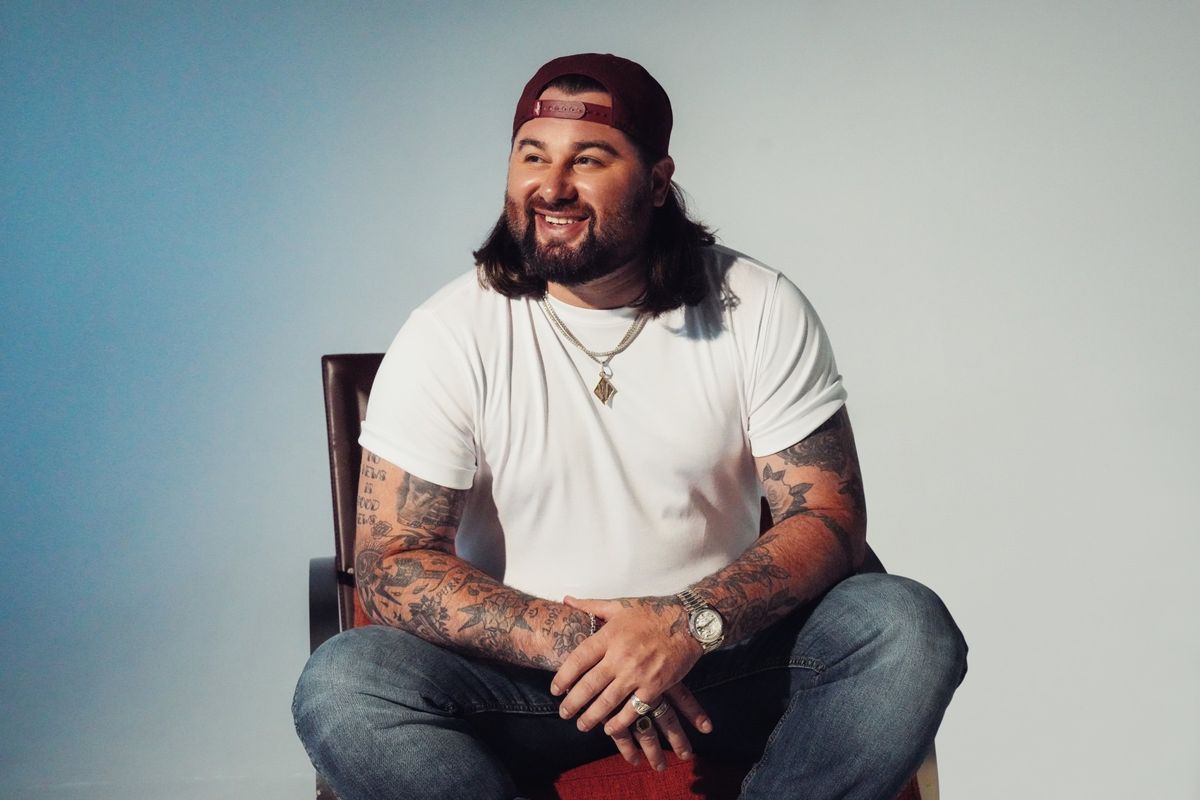





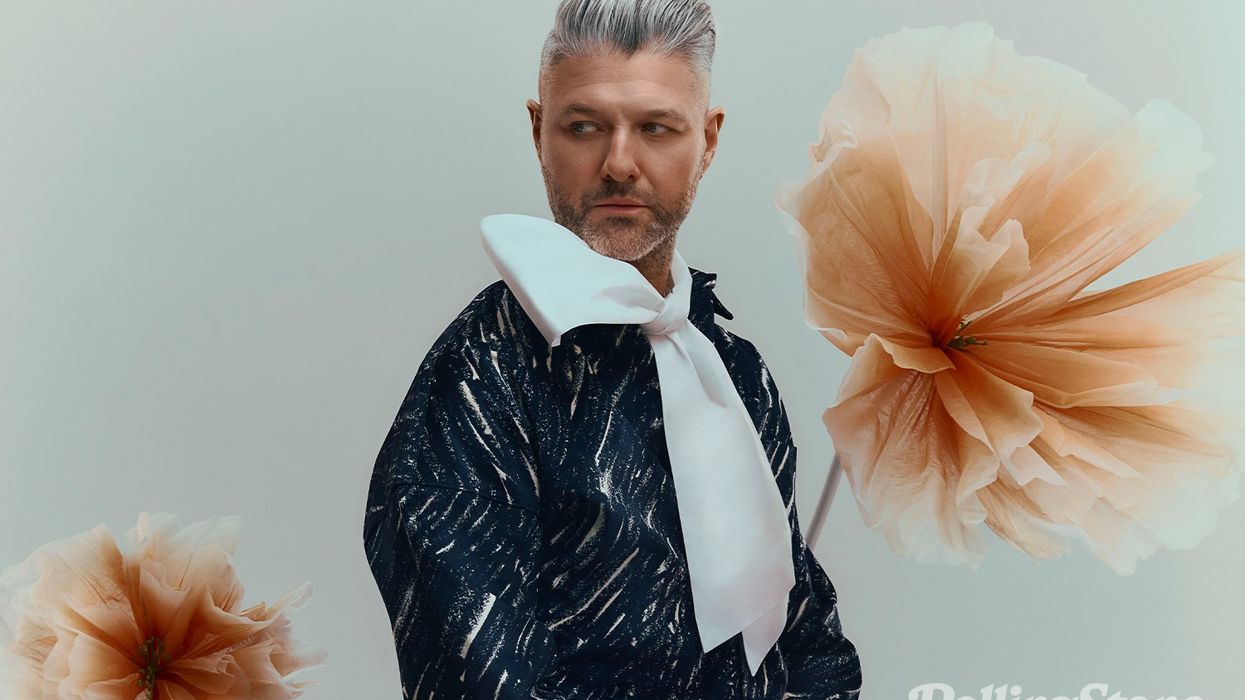
 Coat (polyester and wool), shirt (silk), Dries Van Noten, SSENSE.com / Flower (silk), M&S Schmalberg
Coat (polyester and wool), shirt (silk), Dries Van Noten, SSENSE.com / Flower (silk), M&S Schmalberg
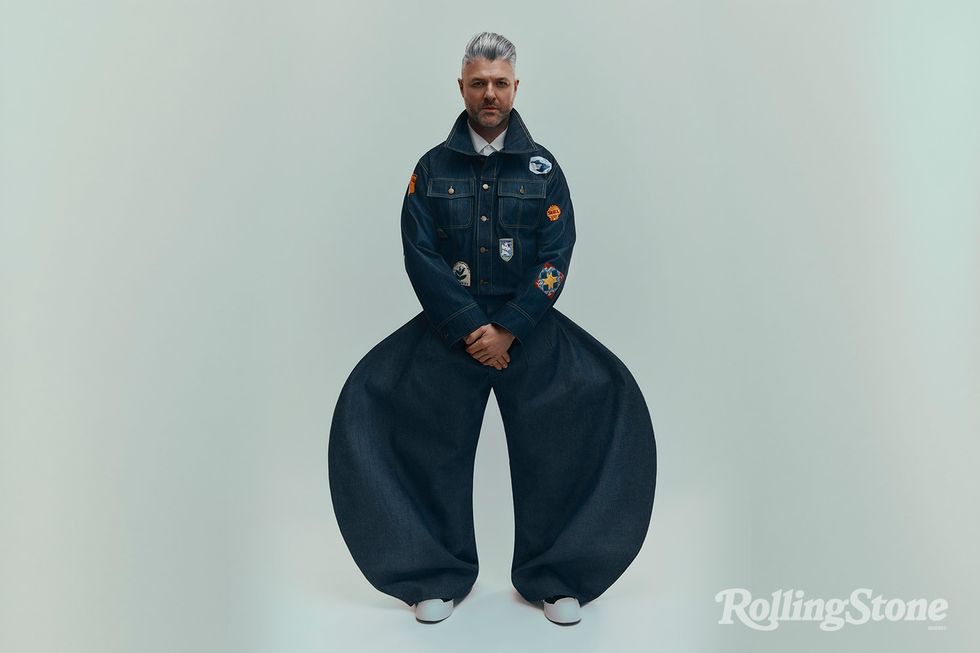 Blouson (denim and hand embroidered patches), WJ Crosson / Shit (polyester), Homme plissé Issey Miyake, Holt Renfrew/Pants from personal collection/ Shoes(canvas), Marni
Blouson (denim and hand embroidered patches), WJ Crosson / Shit (polyester), Homme plissé Issey Miyake, Holt Renfrew/Pants from personal collection/ Shoes(canvas), Marni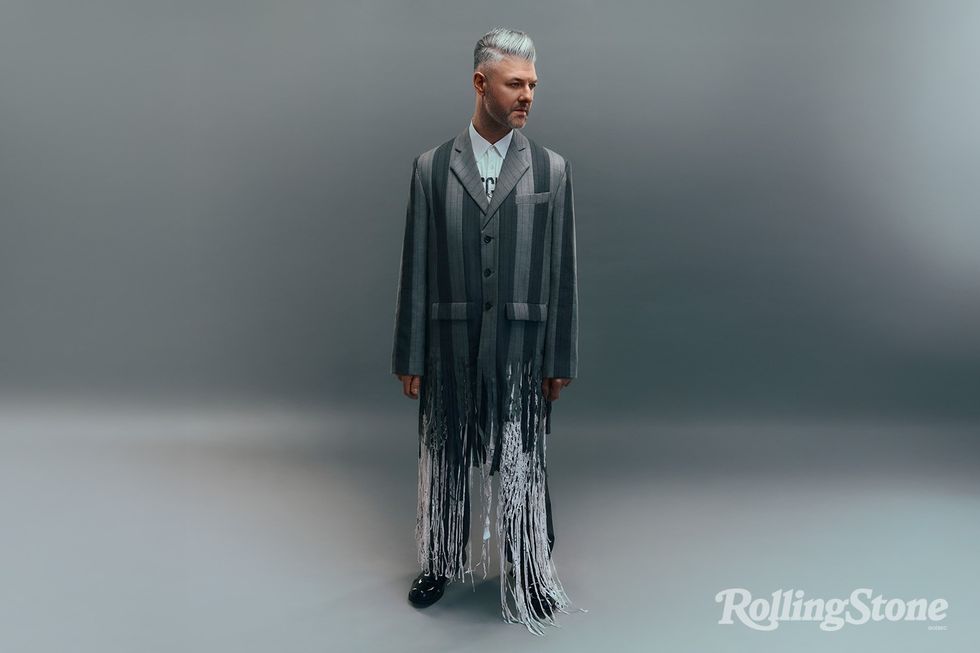 Jacket and pants (virgin wool), shirt (acrylic coated cotton), Moschino / Shoes from Pierre Lapointe's personal collection
Jacket and pants (virgin wool), shirt (acrylic coated cotton), Moschino / Shoes from Pierre Lapointe's personal collection